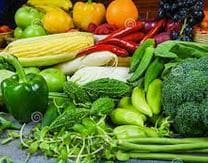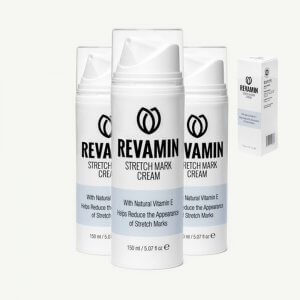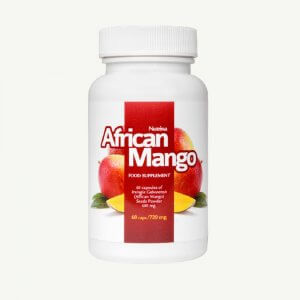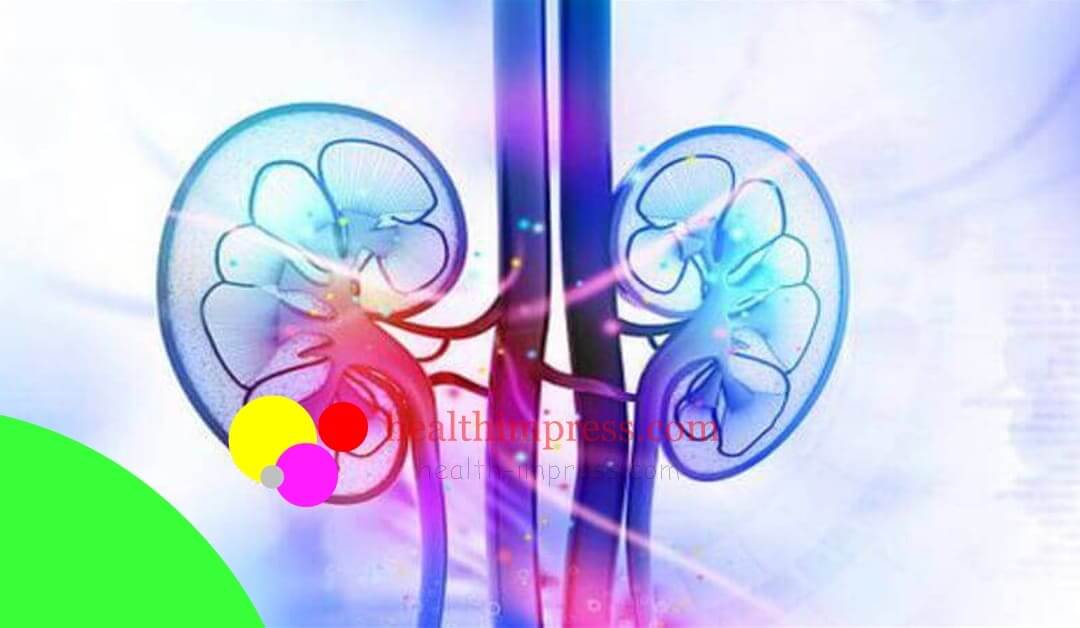General Health
Six Eating Habits for Healthy Kidneys
When it comes to our overall health and health advice, our hearts are frequently in the spotlight, hence the need for proper eating habits for healthy kidneys. The Association for Dietetics in South African says we often overlook or dismiss the importance of our kidneys in our overall health and well-being. Our kidneys should not be relegated to the background. As we all know, chronic diseases are on the rise around the world at an alarming rate.
It may come as a surprise to learn that kidney illness affects 10 out of every 100 people on the planet, putting it on par with cardiac disease.
Your kidney works very hard to keep your body alive 24 hours a day, seven days a week, and this puts so much stress on it that by the time you realize it, you may be well on your way to a crisis. By the time you realize you have Chronic Kidney Disease (CKD), significant damage may have already occurred.
As you may know, in the later stages of CKD, surgical transplantation or dialysis may be the sole option for extending one’s life. Many people do not have access to these medicines, and when they do, they are exceedingly expensive. As a result, it is critical for everyone to be aware of their kidney health and to take precautions to safeguard them. As a result, it’s no surprise that many individuals’ urge for frequent kidney function screenings is on the increase. This is a step in the right direction for proper eating habits for healthy kidneys.
Other risk factors of eating habits for healthy kidney
Obesity, diabetes, and hypertension put us at risk for CKD, just as they do for heart health. The Association for Dietetics in South Africa (ADSA) believes that, given the high prevalence of obesity, diabetes, and hypertension in South Africa, and by extension the whole world, we must become a people that are aware of and concerned about our kidneys.
When compared to those of normal weight, those who are overweight or obese are up to seven times more likely to have end-stage renal disease. A family history of CKD or renal failure is also a red indicator that you should pay attention to your kidneys’ health. However, unrecognized or uncontrolled hypertension, which is unusually high blood pressure, is the leading cause of CKD in South Africa (64 percent). Regular blood pressure testing and attention to therapy and lifestyle adjustments to keep your blood pressure in check is a basic step in ensuring kidney health, ADSA says.
Every day, our brave kidneys assist us in eliminating the excess salt and water we consume. They also happen to remove pollutants that would otherwise build up and degrade the living system, that is our bodies. Our kidneys also play a critical function in regulating blood acidity and blood pressure.
Obese people’s kidneys have to work harder to cope with the demands of their increased body weight, filtering more blood than usual. This increased workload can harm the kidneys and increase the chance of developing chronic kidney disease (CKD) in the long run. “When the kidneys fail, the body is essentially inundated by extra water, salt, and pollutants, which overwhelms every other organ and bodily system,” says Abby Courtenay, an ADSA spokesperson, and Registered Dietitian. “The kidneys’ function isn’t as glamorous or lyrical as the heart’s, but it’s just as crucial.
Good news on eating habits for healthy kidney
The good news is that there is a lot we can do on a daily basis to help our kidneys stay healthy. “If you have been screened and identified in the early stages of CKD, or if you need to implement measures because you have obesity, diabetes, or hypertension,” Courtenay continues, “you may make a substantial positive difference just by changing your everyday diet.”
“Nutritional techniques to deal with CKD and its risk factors have been widely investigated and documented,” says Cecile Verseput, a Registered Dietitian. “What’s crucial to notice is that, in the most recent professional interpretation of the evidence available, the focus has shifted away from single nutrients and toward a more holistic approach to a healthy dietary pattern, particularly one rich in plant-based foods.” Cecile points out that fresh fruit and vegetables, as well as healthy sources of vegetable protein, are low shopping priorities in South Africa, according to current consumption figures.
Here are top six eating habits for healthy kidney recommendations:
- Go for green, as well as red, yellow, orange, purple, and blue! One of the best strategies to preserve your kidneys is to increase your intake of fresh fruits and vegetables. There are numerous methods to incorporate veggies and salads into your family’s diet.
- Get real – say goodbye to high-salt, trans-fat takeout and convenience items like hot cakes. Develop a genuine passion for cooking from scratch using fresh, healthful ingredients. It’s far more delectable and beneficial to your kidneys.
- Choose your fats carefully: they are not all created equal. To protect the blood vessels in your kidneys, use extra virgin olive oil and avocado oil over hard fats.
- Nuts and legumes: Increase your diet of nuts and legumes. They’re tasty and high in fiber and healthy fats.
- Ditch the convenient fads: Avoid sugary drinks and snacks, quick meals, processed meat, and red meat.
- Harness the power of plant protein: Take advantage of the large variety of legumes, grains, and nuts that are easily available and incorporate them into your regular diet. Replace red meat with beans, fish, or poultry as an alternative.

Conclusion
There is the need to take care of your kidneys by eating right and cutting off certain eating habits since the need for proper eating habits for healthy kidneys is a prerequisite for a disease-free life. Incorporate lots of vegetables into your meals, reduce your intake of salt, nuts and legumes are also good for you, and remember plant protein is an alternative to animal protein.
-
Product on sale
 New Tress Anew Hair SupplementOriginal price was: $67.00.$49.95Current price is: $49.95.
New Tress Anew Hair SupplementOriginal price was: $67.00.$49.95Current price is: $49.95. -
 New Synapse XT For Tinnitus$69.00
New Synapse XT For Tinnitus$69.00 -
 Revamin Stretch Mark$69.00
Revamin Stretch Mark$69.00 -
 African Mango Weight Loss$45.00
African Mango Weight Loss$45.00 -
 Fast Burn Extreme Weight Loss$59.00
Fast Burn Extreme Weight Loss$59.00 -
Product on sale
 The New Mental Performance StackOriginal price was: $117.95.$88.46Current price is: $88.46.
The New Mental Performance StackOriginal price was: $117.95.$88.46Current price is: $88.46.
Take care!
Source:


